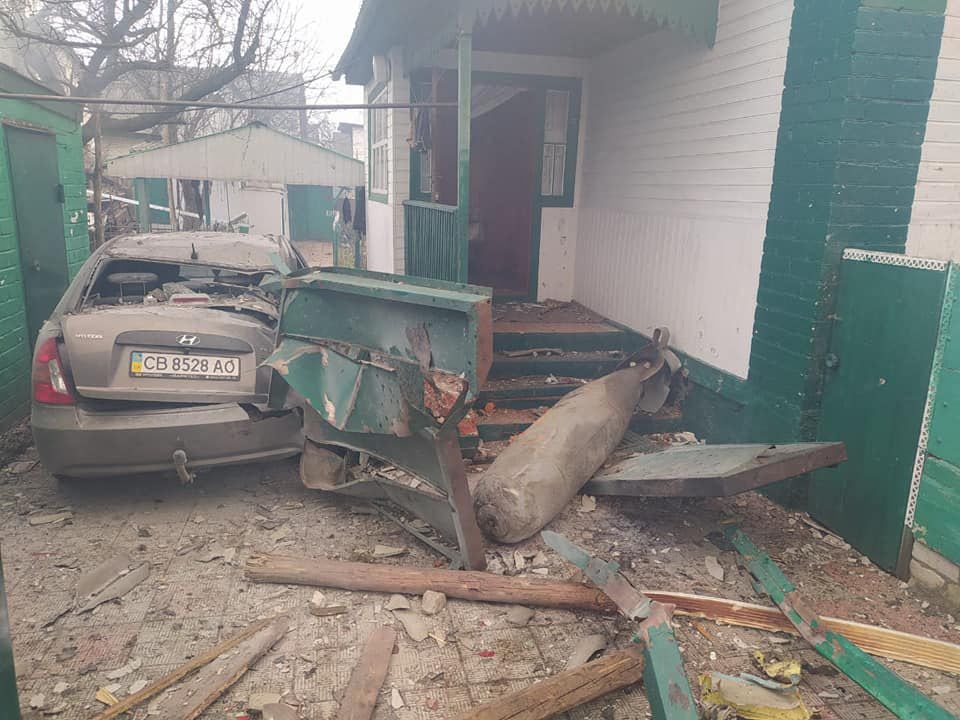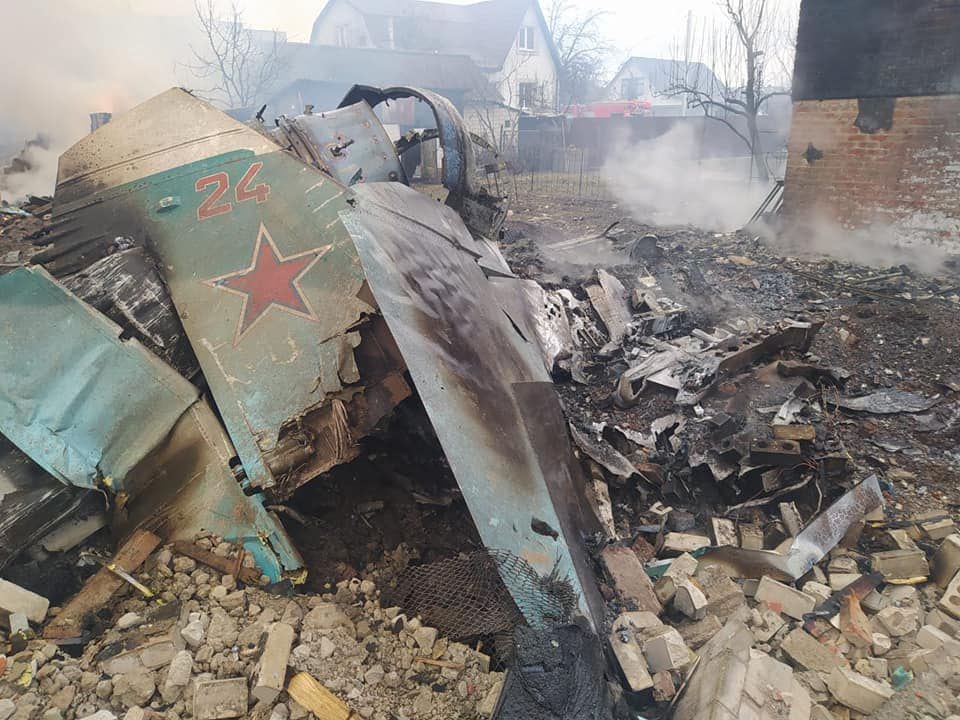
The NGO Human Rights Watch (HRW) reported that civilians in the northern city of Chernigov need access to basic services, humanitarian aid and safe evacuations.
“Civilians in Chernigov have been trapped in a cascading crisis for days without access to basic services and no means of escape, all while living under the constant threat of Russian attacks,” said Human Rights Watch crisis and conflict researcher Richard Weir.
He stressed that “Russian forces, together with Ukrainian forces, must take the necessary measures to allow civilians to leave the city safely if they so desire and ensure that the basic needs of remaining civilians are met.”
The NGO explained in a statement that, since March 24, Russian forces have besieged the city, controlling almost all accesses to it and attacking the bridge that provided the last remaining access route to enter and leave the town.

The conditions in Chernigov, where the evacuation of wounded persons and children were prevented, as well as the distribution of humanitarian goods to the population, are similar to those in the port city of Mariupol, in the south-east of the country, where residents do not have access to basic services, according to the organization.
HRW spoke with an official, a doctor and a Chernigov resident who recently fled the city. They described a deteriorating situation, in which access to water, electricity, heating, telephone and Internet communications have almost completely disappeared in recent days.
According to this NGO, the acute shortage of water poses an “especially” serious risk to the approximately 130,000 residents who remain in the city, out of the nearly 300,000 inhabitants that existed before the start of the war.
Chernigov City Council Secretary Olexander Lomako estimates that more than 350 civilians have died during the attacks on the city, “but these are very approximate numbers,” he told Human Rights Watch.
“Many people remain under the destroyed houses. People are often forced to bury their neighbors and relatives in the courtyards of their homes. So we can't even count the exact number of victims,” Lomako added.
On the night of March 23, the main bridge over the Desna River, on the road leaving Chernigov to the south of the country, in the direction of Kiev, was destroyed. Lomako lamented its destruction because it “allowed humanitarian aid and the evacuation of injured and peaceful civilians - women and children -” he said.
“Now there is only (one) pedestrian bridge left. And (when) someone dares to cross it, the Russians bomb the bridge,” Lomako added. Thus, he emphasized that the biggest problem for residents staying in Chernigov is the lack of water supply.

HRW warned that, as explained by a doctor in Chernigov, his hospital only has electricity from its generators and that they are starting to run out of fuel. In the current situation, the generators are turned on for four hours each day. “We used that time to cook milk for babies,” said the doctor.
Thus, the doctor reported that the generator does not provide enough energy to perform surgeries or x-rays. “Since we don't have electricity or water, we can't sterilize our medical instruments, so we have had to use disposable kits,” he told HRW.
With all this, Weir ruled that “civilians should not have or allow themselves to suffer like this”. “The parties to the conflict must fulfill their international responsibilities and protect all those who remain in Chernigov,” he said.
(With information from Europa Press)
KEEP READING:
Últimas Noticias
Debanhi Escobar: they secured the motel where she was found lifeless in a cistern
Members of the Specialized Prosecutor's Office in Nuevo León secured the Nueva Castilla Motel as part of the investigations into the case

The oldest person in the world died at the age of 119
Kane Tanaka lived in Japan. She was born six months earlier than George Orwell, the same year that the Wright brothers first flew, and Marie Curie became the first woman to win a Nobel Prize

Macabre find in CDMX: they left a body bagged and tied in a taxi
The body was left in the back seats of the car. It was covered with black bags and tied with industrial tape
The eagles of America will face Manchester City in a duel of legends. Here are the details
The top Mexican football champion will play a match with Pep Guardiola's squad in the Lone Star Cup

Why is it good to bring dogs out to know the world when they are puppies
A so-called protection against the spread of diseases threatens the integral development of dogs




